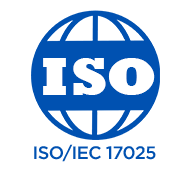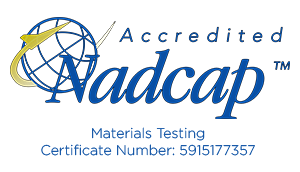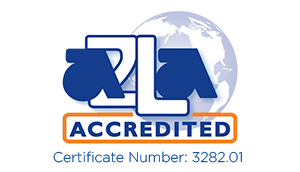Tag Archives: Water Fog
Environmentally Assisted Cracking Testing
Environmentally assisted cracking (EAC) is the cracking of a material due to interaction of a susceptible material under tensile stress (applied or residual) in a particular environment, often resulting in brittle fracture of an otherwise ductile material. Environmentally Assisted Cracking can occur under static or dynamic mechanical loading.
Capability – At TTL, we have specialized fixtures for stress corrosion, hydrogen embrittlement and corrosion fatigue testing. Stress corrosion tests can be conducted under constant strain, constant load or slow strain rate conditions in a variety of environments.
Some relevant standards:
- ASTM G36 – Standard Practice for Evaluating Stress-Corrosion-Cracking Resistance of Metals and Alloys in a Boiling Magnesium Chloride Solution
- ASTM G37 – Use of Mattsson’s Solution to Evaluate SCC Susceptibility of Copper Zinc Alloys
- ASTM G47 – Standard Test Method for Determining Susceptibility to Stress-Corrosion Cracking of 2XXX and 7XXX Aluminum Alloy Products
- ASTM G103 – Standard Practice for Evaluating Stress-Corrosion Cracking Resistance of Low Copper 7XXX Series Al-Zn-Mg-Cu Alloys in Boiling 6% Sodium Chloride Solution
- ASTM G123 – Standard Test Method for Evaluating Stress-Corrosion Cracking of Stainless Alloys with Different Nickel Content in Boiling Acidified Sodium Chloride Solution
Humidity and Water Resistance Testing
Humidity and water resistance testing involves subjecting materials and components with or without coatings to water vapor or liquid water at various temperatures, thus simulating structure and equipment operating under different climatic conditions ranging from dry arctic climate to warm and humid tropical and subtropical climate. Hydration is one of the most basic forms of… Continue Reading
Corrosion Resistance Testing
Corrosion resistance testing assesses the impact of corrosive atmospheres on components, coatings, etc. In corrosion testing materials and components are exposed to corrosive atmospheres to assess the impact of on material performance and/or appearance. Test conditions in standard tests are designed to accelerate corrosion that may occur in service environments. Capability – At TTL, we… Continue Reading
Product Testing
Product testing generally refers to testing finished products before being shipped to customer or consumer. It differs from material testing in that an additional aspect of product geometry, product surface, etc., their influence on the product performance is tested. Some well-known examples of product testing are automotive crash testing to assess crash worthiness of the… Continue Reading



Touchstone is committed to providing its customers with quality, reliable test results. That is why we have undertaken the rigorous steps needed to meet and secure the most stringent of test lab accreditations including ISO/IEC 17025, NADCAP 7101 (Materials Test Lab) and NADCAP 7122-I (Non-Metallics Materials Testing).
© 2024, Touchstone Testing Labs | Design by Wheelhouse Creative

